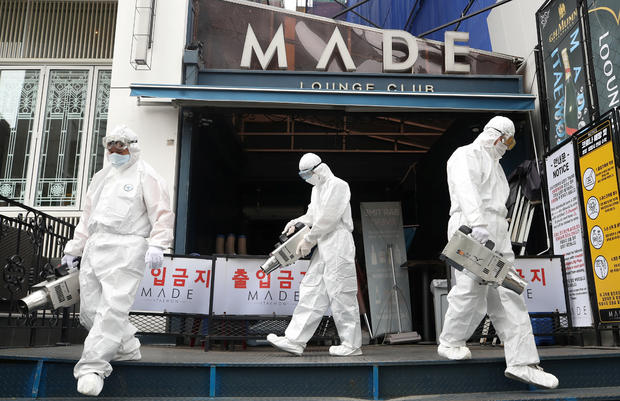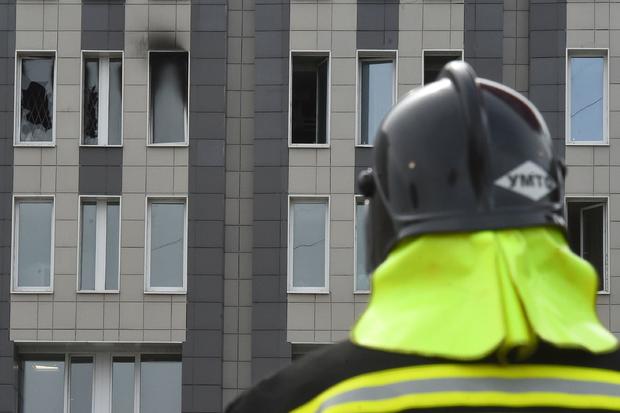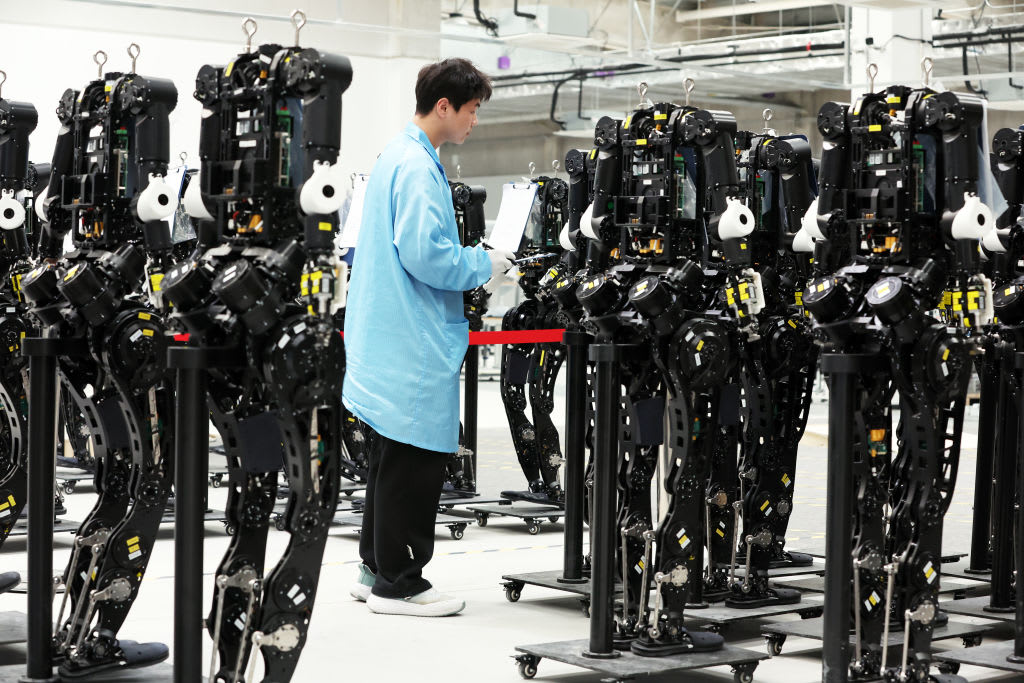Coronavirus flare-ups in China and South Korea prompt new fears of a 2nd wave
Tokyo — Fears of a second surge of coronavirus infections are forcing early-hit countries to rethink plans for re-opening as new cases come to light. China is now testing millions of people to catch new infections. South Korea has dispatched several thousand police officers in a renewed push for contact tracing.
Russia, meanwhile, is still facing its first wave. With more than 10,000 new cases reported each day, the country has the second-highest number of confirmed infections in the world, trailing only the U.S.
The city where it all started, Wuhan, China, is on alert again. Over the next 10 days, authorities in China's coronavirus epicenter are testing every one of its 11 million residents after six new coronavirus cases were reported over the weekend.
Those were the first positive tests in Wuhan in 35 days, since the city celebrated the lifting of a 76-day lockdown on April 8.
In neighboring South Korea, authorities in the capital city of Seoul have ordered more than 2,000 clubs and bars to close again after a new cluster of more than 100 COVID-19 cases was traced to the popular entertainment district of Itaewon.
A gay man in his 20's, who later tested positive for the virus, is believed to have visited several clubs there.
More than 8,000 police have reportedly been deployed in Seoul to trace almost 11,000 people who were in the area, using mobile phone data and credit card transactions.
"If the government of Korea hadn't done this, then there would be 119 people out there infecting other people. So that actually gets to the point of tracing people," explained Dr. Jerome Kim, a leading epidemiologist in the country.
In Russia, meanwhile, there's been more tragedy on top of the still-mounting infections. A fire at a hospital in St. Petersburg killed at least four coronavirus patients this week — the second deadly blaze in just four days linked preliminarily to ventilator machines.
The pandemic has also hit close to President Vladimir Putin again: his spokesperson, Dmitry Peskov, has been hospitalized for treatment — the latest in a series of high-ranking officials close to the Russian leader to catch the virus.
And the pandemic has now hit close to President Vladimir Putin: His spokesperson Dmitry Peskov has been with the coronavirus. Peskov's wife has also contracted the virus.
In Japan, meanwhile, Prime Minister Shinzo Abe says the country is on a "steady" path to ending its epidemic. His government may lift the national state of emergency for much of the country as soon as Thursday — more than two weeks earlier than the current May 31 expiry date.
Tokyo, however, may remain under the emergency declaration. The capital has been hit the hardest by the pandemic, with nearly one out of three infections in Japan recorded in the city.






